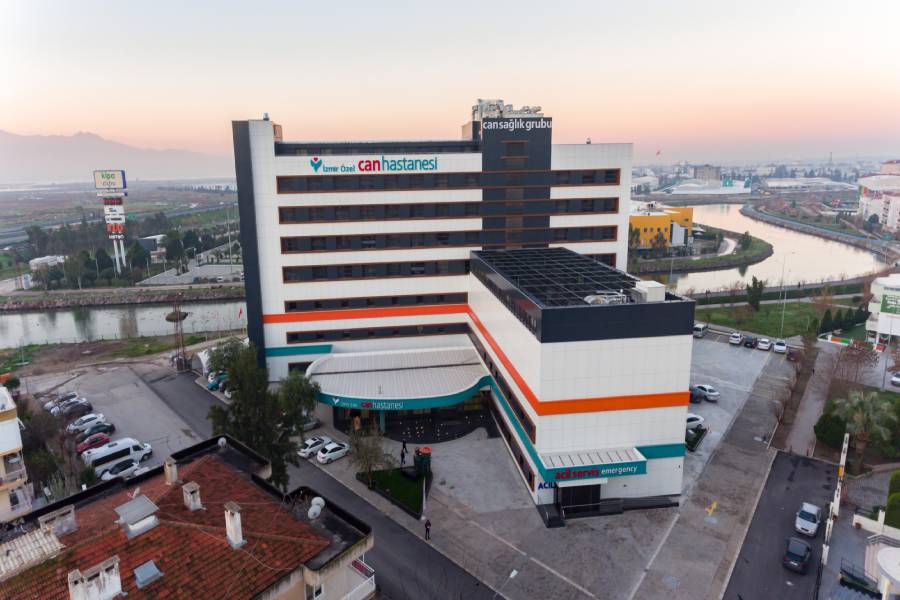Which Blood Test Should I Have Before a Hair Transplant?
Categorised in: Genel, HEALTH GUIDE
Published Date:
Before starting your hair restoration, knowing about pre-transplant blood tests is key. These tests are vital for a safe hair transplant and better results. They check your overall health and spot any risks that could affect your procedure’s success.
In Turkey, top clinics have strict rules for blood tests before a hair transplant. These tests look for diseases, hormonal issues, and blood problems. This helps your surgeon plan the best treatment for you, lowering the risk of problems.
We will now explore the blood tests needed before a hair transplant. We’ll see how they make your hair restoration safe and successful.
Understanding the Importance of Pre-Transplant Blood Tests
Pre-operative tests are key to making sure hair transplants are safe and successful. They check the patient’s health before surgery. This helps the surgeon plan the treatment and choose the right anesthesia. These tests spot health issues that could affect the surgery’s success.
These tests find hidden health problems that could make the surgery risky. They look for things like anemia, blood clotting issues, or infections. Finding these problems early lets the surgery team take steps to keep the patient safe during and after the surgery.
Pre-transplant blood tests also check if the patient is healthy enough for the surgery. They look at how well organs like the liver and kidneys work. This is important because these organs help process medicines and anesthesia. If these organs are working well, the surgeon can give the right kind of anesthesia to the patient, making the surgery safer.
These tests also help make sure the hair transplant works well in the long run. They check for hormonal imbalances or nutrient shortages that could slow down hair growth. With this info, the surgery team can give advice on how to improve the patient’s health before and after surgery. This makes the transplant more effective and helps the new hair grow well over time.
Common Blood Tests Required Before Hair Transplant Surgery
Before a hair transplant surgery, patients must have blood tests for safety and success. The CBC test checks for red, white blood cells, and platelets. It looks for conditions like anemia, infections, or blood disorders that could affect the surgery or recovery.
Coagulation tests are also key. They include the prothrombin time (PT) and activated partial thromboplastin time (aPTT). These tests see if the blood clots properly, which is important to stop bleeding during and after surgery. If these tests show problems, more tests or treatment might be needed before surgery.
Liver and kidney function tests are also done. They check how well these organs work, which is important for handling surgery medicines. If these organs aren’t working right, the surgery team might adjust the medicines to keep the patient safe.
These blood tests before a hair transplant surgery help doctors understand the patient’s health. They spot potential risks or problems that could happen during or after surgery. This helps make a better surgery plan and ensures the patient gets the best care during their hair transplant.
Screening for Infectious Diseases Prior to Hair Transplantation
Before a hair transplant, patients must get blood tests for infectious diseases. These tests check for HIV and hepatitis B and C. They are key to keeping the patient and medical team safe.
The HIV test looks for the human immunodeficiency virus in the blood. This virus spreads through blood contact, so it’s vital to catch it before doing a hair transplant. Tests for hepatitis B and C also check for viruses that affect the liver and spread through blood.
If a patient has any of these diseases, they might need extra care before the transplant. This is to lower the risk of problems and keep everyone safe. Sometimes, if a disease is active, the hair transplant may be delayed until it’s under control.
Top hair transplant clinics in Turkey and globally follow strict rules to prevent infections. They make sure all patients pass thorough disease screenings before the procedure. This keeps the place safe for patients and doctors.
The Role of Hormone Tests in Hair Transplant Preparation
Before getting a hair transplant, it’s key to look at how hormones affect hair loss. Hormonal imbalances can cause hair loss. Knowing this helps surgeons plan the transplant better for the best results.
Tests for thyroid function are often done before surgery. They check for thyroid problems that might cause hair loss. Fixing thyroid issues before surgery can make the results better.
For men, tests for testosterone and DHT might be needed. DHT comes from testosterone and can cause baldness. Knowing these hormone levels helps surgeons plan for future hair loss prevention.
Adding hormone tests to the pre-surgery checks makes hair restoration more thorough. It helps surgeons create plans that fit each patient’s needs. This leads to better and more natural-looking results. Patients should talk to their surgeons about hormone concerns to make sure all tests are done and needed treatments are given before surgery.
Evaluating Overall Health and Fitness for Hair Transplant Surgery
Before starting hair transplant surgery, a detailed check-up is key. It looks at more than just blood tests. It includes a deep look into the patient’s health history and physical check-up. This helps surgeons spot any risks and make sure the surgery is safe and successful.
Patients share their full health history during this check-up. This includes all health issues, medicines, and past surgeries. Issues like uncontrolled diabetes or heart disease can make surgery risky. Spotting these early lets surgeons take steps to keep the patient safe.
Surgeons also check the patient’s overall health with a physical exam. They look at vital signs, the scalp, and hair condition. They check for signs of infection or skin problems that could slow healing. This check-up is also a chance for patients to talk about what they hope to achieve and any lifestyle factors that might affect the surgery’s success.
By looking at blood tests and the full check-up together, surgeons can make the best decisions for each patient. This approach makes sure the surgery is safe and effective. It also prepares patients for the surgery, both physically and mentally.
Hair Transplant in Turkey: What Blood Tests Are Required?
When thinking about getting a hair transplant in Turkey, knowing the blood tests needed is key. Top hair clinics in Turkey focus on safety and great results. They ask for a detailed blood test panel before starting the procedure.
A complete blood count (CBC) checks your overall health and looks for anemia. Coagulation tests make sure your blood clots right. Liver and kidney function tests check how well your body handles medicines and anesthesia. They also test for infectious diseases like HIV, hepatitis B and C, and syphilis to lower risks.
Before your hair transplant in Turkey, get your blood tests done early or at the clinic. Good clinics in Turkey have their labs or work with trusted testing places. This makes getting your blood work done easy and quick.
When looking for a hair transplant in Turkey, pick a trusted clinic with strict testing before surgery. Check out reviews and ask about their testing to make sure you’re making a good choice.
Knowing how important blood tests are before a hair transplant in Turkey helps you feel sure about your choice. With the right clinic, you can look forward to great results with little risk.
Interpreting Blood Test Results and Their Impact on Hair Transplant Eligibility
After a patient finishes the pre-transplant blood tests, the next step is to understand the results. This helps figure out if they can have a hair transplant. The surgeon will look at the blood tests during the consultation to check for health issues that might affect the surgery.
If the blood tests show something abnormal, it could mean there are health problems. The surgeon will talk about these with the patient. They might suggest more tests, treatments, or safety steps before the surgery.
Sometimes, certain blood test issues might mean a patient can’t have a hair transplant right away. The surgeon will work with the patient to find another plan. This ensures the patient’s safety and the best outcome for the hair transplant. By carefully looking at blood test results and talking with patients, surgeons can decide if someone is a good candidate for the procedure. They can also plan the best way to help them.

Why British Citizens Choose Turkey for Health Services?
British citizens are increasingly opting for Turkey when seeking medical treatments due to a combination of superior healthcare services, affordability, […]

Psychological Effects of Genital Aesthetics on Body Image
In a society increasingly focused on physical perfection, the realm of genital aesthetics has surfaced as an area of both […]

Common Concerns About Genital Plastic Surgery
Genital plastic surgery, a burgeoning field within the realm of cosmetic enhancements, has witnessed a notable surge in popularity. Procedures […]

In which cases is labiaplasty necessary?
Labiaplasty, a procedure that has recently garnered significant attention, involves the surgical reduction of the labia minora. This operation, also […]

Healthy Recovery Process After Genital Aesthetic Surgery
Day Things To Do Things to Avoid 1-7 Days – Bed rest – Using medications recommended by the doctor – […]